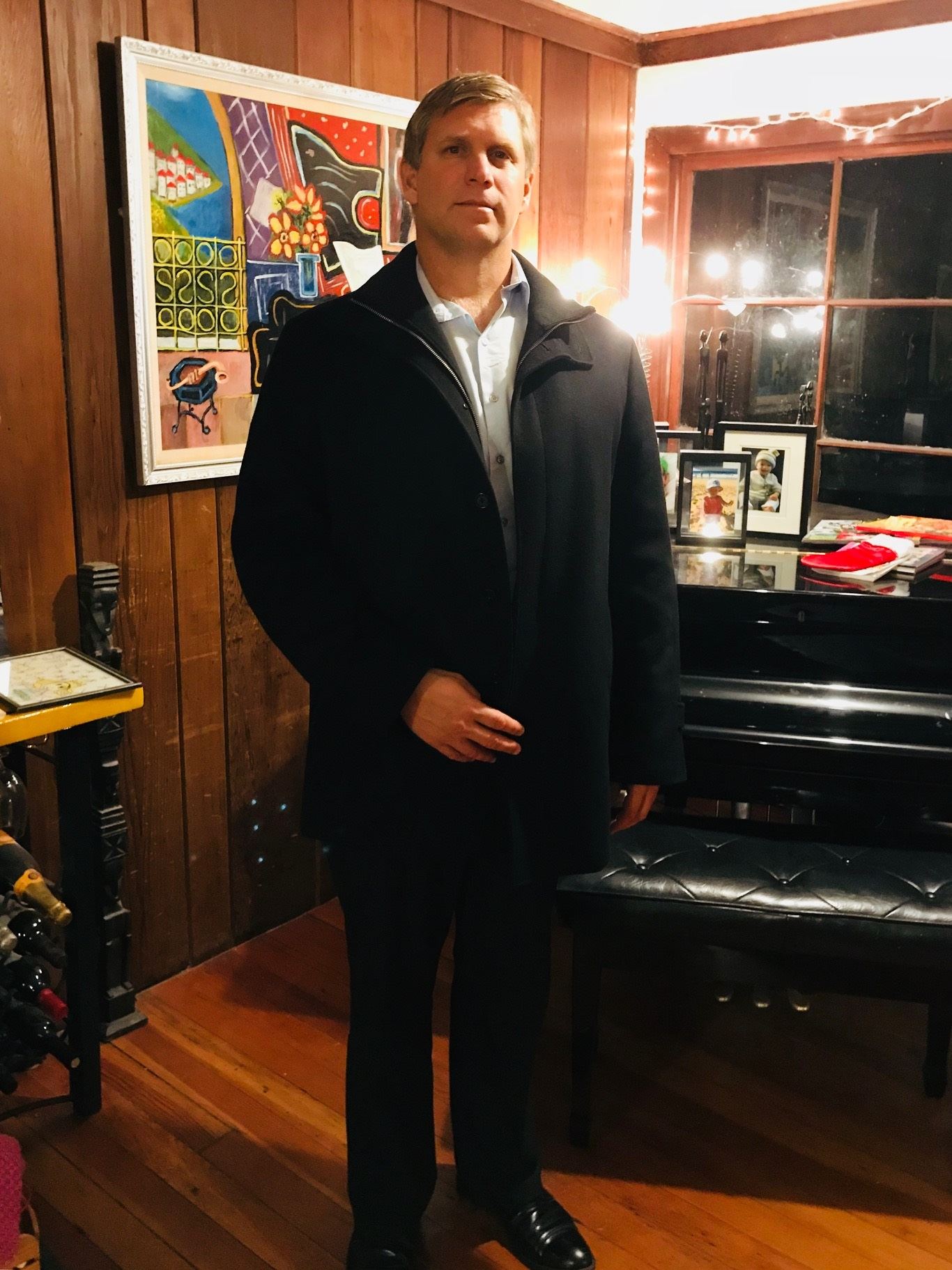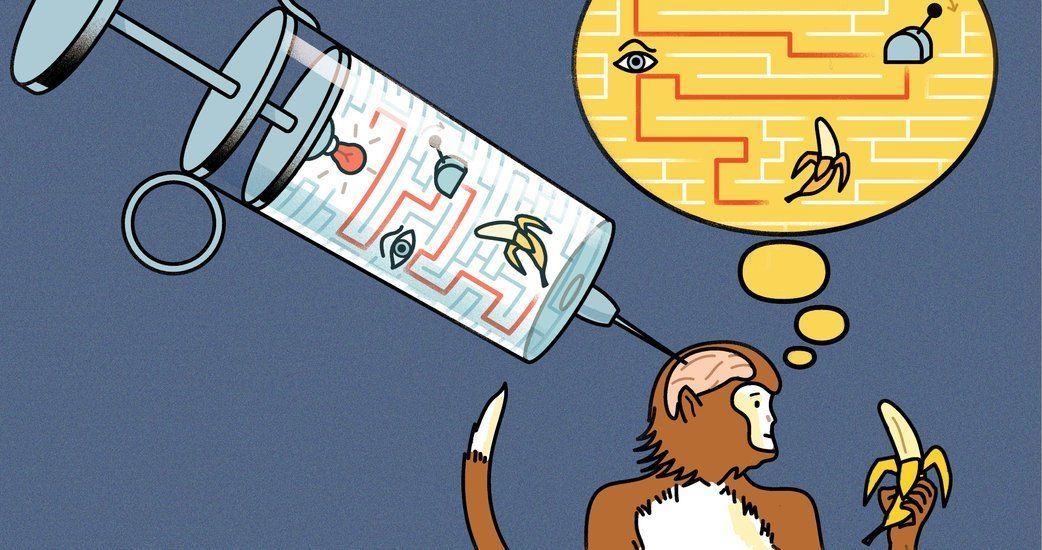[This article is drawn from Ch. 8: “Pedagogical Love: An Evolutionary Force” in Postformal Education: A Philosophy for Complex Futures.]
“There is nothing more important in this world than radical love” as Paolo Freire told Joe Kincheloe over dinner.
- Joe Kincheloe. Reading, Writing and Cognition. 2006.
And yet, we live in a world of high-stakes testing, league tables for primary schools as well as universities, funding cuts, teacher shortages, mass shootings in schools, and rising rates of depression and suicide among young people.
The most important value missing from education today is pedagogical love.
In “Pedagogical Love: An Evolutionary Force” (Ch. 8 of Postformal Education: A Philosophy for Complex Futures) I explain why love should be at centre-stage in education. I introduce contemporary educational approaches that support a caring pedagogy, and some experiences and examples from my own and others’ practice, ending with some personal reflections on the theme.
Why do we want to educate with and for love? We live in a cynical global world with a dominant culture that does not value care and empathy. We live under the blanket of a dominant worldview that promotes values that are clearly damaging to human and environmental wellbeing. In many ways our world, with its dominance of economic values over practically all other concerns, is a world of callous values. And recently we’ve embarked on a flight from truth.
In the search for truth, the only passion that must not be discarded is love. Truth [must] become the object of increasing love and care and devotion.
- Rudolf Steiner. Metamorphoses of the Soul, Vol. I. 1909.
What a contrast Steiner’s early 20th century statement is to the lack of a love for truth that abounds in fake news in our post-Truth world. Canadian holistic educator, John Miller points to the subjugation of words like love in contemporary educational literature in the following quote:
The word ‘love’ is rarely mentioned in educational circles. The word seems out of place in a world of outcomes, accountability, and standardised tests.
- John Miller. Education and the Soul. 2000.
British educational researcher, Maggie MacLure speaks about the obsession with quantitative language in education in the UK: “objectives, outcomes, standards, high-stakes testing, competition, performance and accountability.” She argues that the resistance to the complexity and diversity of qualitative research that is found in the evidence-based agendas of the audit culture is linked to “deep-seated fears and anxieties about language and desire to control it.” In this context it is not hard to imagine that words like love might create what MacLure calls ontological panic among the educational audit-police.
In spite of these challenges several educational theorists and practitioners emphasise the importance of love—and the role of the heart—in educational settings. If young people are to thrive in educational settings, new spaces need to be opened up for softer terms, such as love, nurture, respect, reverence, awe, wonder, wellbeing, vulnerability, care, tenderness, openness, trust.
Awe, wonder, reverence, and epiphany are drawn forth not by a quest for control, domination, or certainty, but by an appreciative and open-ended engagement with the questions.
- Tobin Hart. Teaching for Wisdom. 2001.
Arthur Zajonc has developed an educational and contemplative process that he calls an “epistemology of love.” Mexican holistic education philosopher, Ramon Gallegos Nava, refers to holistic education as a “pedagogy of universal love.” Other important contributions to bringing pedagogical love into education include Nel Noddings extensive writings on “an ethics of care”, Parker Palmer’s “heart of a teacher” and Tobin Hart’s deep empathy.”
The caring teacher strives first to establish and maintain caring relations, and these relations exhibit an integrity that provides a foundation for everything teacher and student do together.
- Nel Noddings. Caring in Education. 2005.







